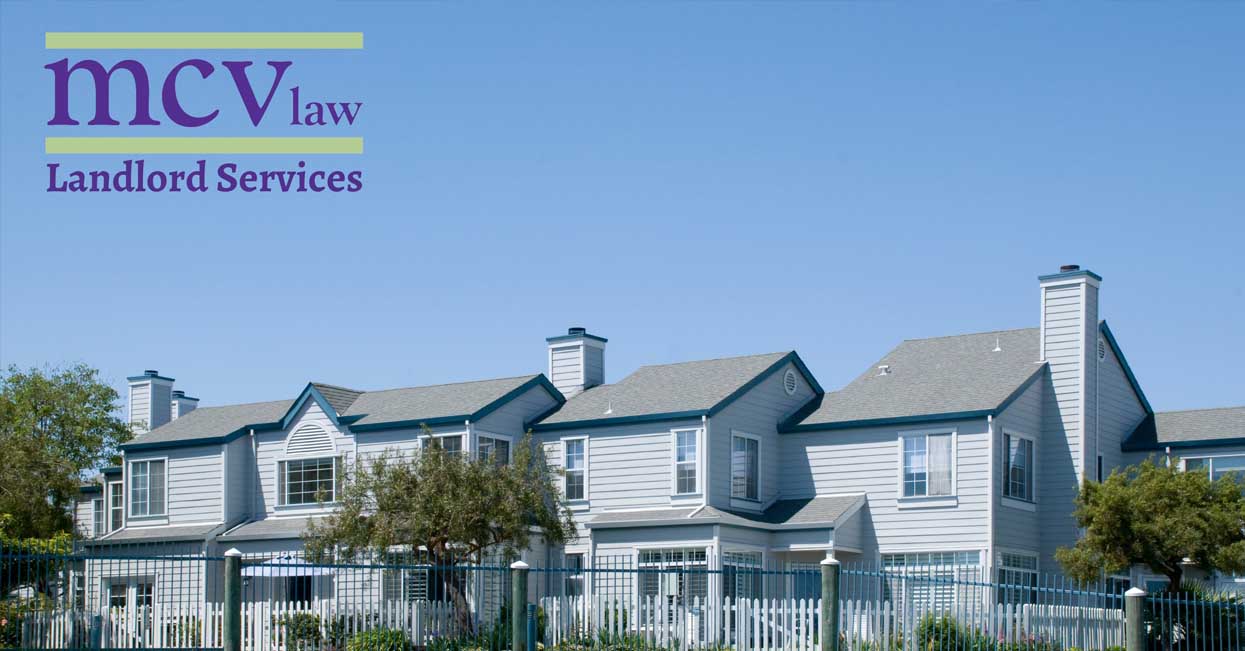
New York landlords have long known that tenants behind in their rent payments often develop a sudden interest in calling Code Enforcement to complain about property conditions. Now, thanks to a powerful new weapon placed in your tenant’s hands, they can become Code Enforcement.
Real Property Actions and Proceedings Law Article 7-D “Special Proceedings by Tenants for Judgment Directing Repairs of Conditions and Other Relief in Residential Property Constituting Violation of Applicable Local or State Housing Standards or Real Property §235-b and Any Other Appropriate Relief,” permits tenants to summon you into court the same way you bring eviction proceedings against them.
Basically, any complaint about a property is permitted, from code violations, to “habitability” concerns. The landlord isn’t the only one who can be called to account for property conditions. The list of parties that can be held responsible is quite broad, even including housing authorities or other governmental bodies that may own or manage the premises.
The relief available to tenants is similarly broad. The Court can order landlords to make repairs, determine the amount of rent the landlord is entitled to until these repairs are made, and grant a money judgment refunding past rents.
In the first 7-D proceeding held in Syracuse City Court, a Judge reduced the tenant’s rent to $0 per month until the landlord completed the list of repairs ordered. Legal Services of Central New York recently helped a Utica tenant recover more than $50,000 in damages. The final section of the 7-D law permits a judge to grant “Any other relief that the court may deem just.”
A 7-D proceeding doesn’t take the place of Code Enforcement, meaning a landlord may still be cited for violations even if an inspector has not yet been involved. Even if a tenant didn’t complain directly to Code Enforcement, the new law requires that the Court send a copy of any 7-D Petition directly to local Code Enforcement.
Worse yet, landlords that have already started eviction proceedings may see these cases removed from eviction calendars to be combined with the 7-D case in another part of the court. Most likely, until the 7-D case is resolved, the landlord can forget about receiving money or removing problem tenants. Future cases against tenants who bring a 7-D proceeding might be tainted with claims that the landlord is bringing the new case as “retaliation.”
The best “defense” against 7-D claims is not to have any. Landlords should ensure their properties are in compliance with local codes and that tenant complaints are promptly investigated and fully documented. Ignoring complaints can be a recipe for finding out just how costly a 7-D can be.
Have a 7-D codes case or other landlord issues and need to hire an attorney? The MCV Landlord Services team may be able to help- 315-471-1664 www.mcvlaw.com.



